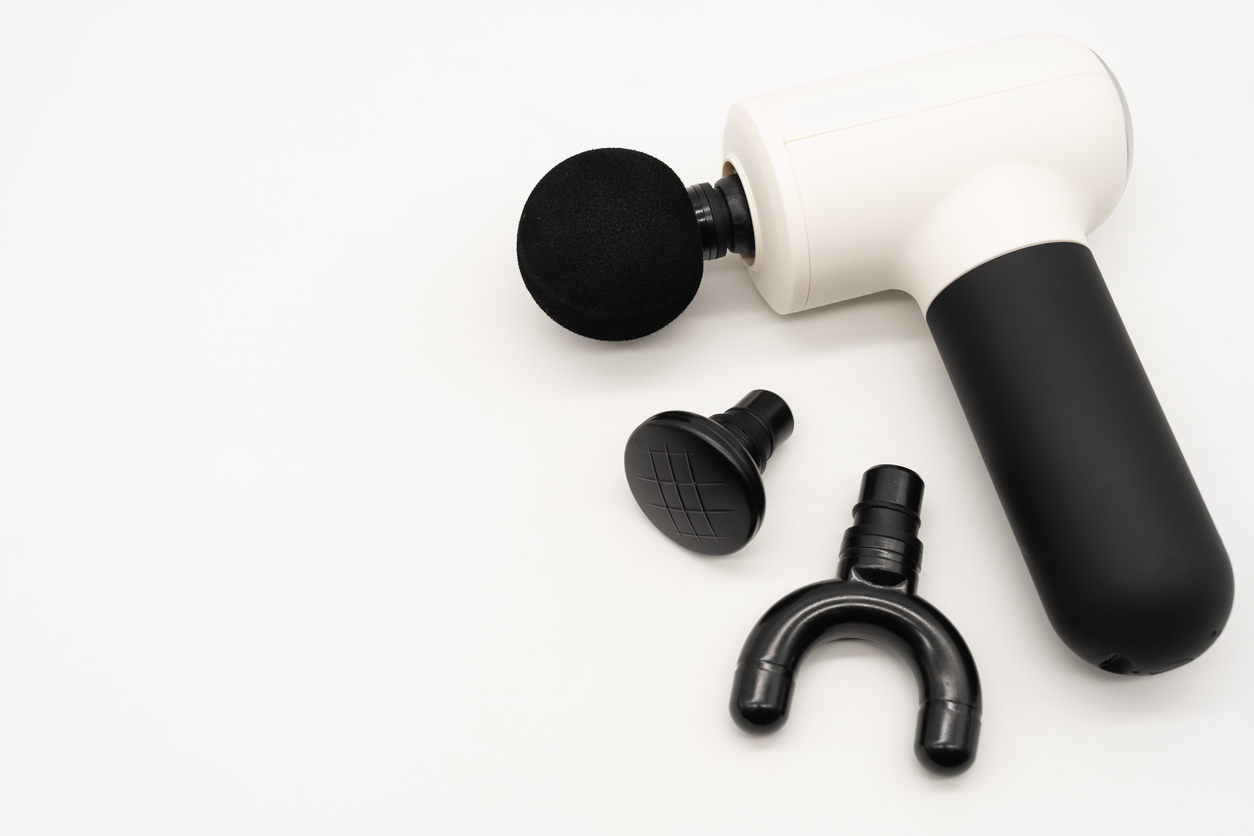How To Import Goods from Switzerland to Nigeria.
How To Import Goods from Switzerland to Nigeria.
Importing goods from Switzerland to Nigeria is not as difficult as you might think. This article explains a few easy steps on how to import goods from Switzerland to Nigeria and what the required documents are.
Nigeria, which is Africa’s most populous country with a population of 186 million people, is also one of the fastest-growing economies in the world. With more Nigerians wanting to live overseas, the country’s imports have increased significantly. Although there are no restrictions imposed on importing goods from Switzerland, exporting them may be complicated with various regulations and government handlings required for different countries and regions.
If you want to start importing goods from Switzerland to Nigeria, this article will help guide you through the process in a straightforward manner.
The Import Process
If you would like to import goods from Switzerland to Nigeria, there are a few steps you should follow.
First, you need to find out what is allowed to be imported into Nigeria. This includes food items, cosmetics and pharmaceuticals. Second, you will need to find out whether there are any restrictions on the imports of these products for safety reasons. The Nigerian government has imposed safety controls on the imports of food items from Europe because of some cases of contamination by dangerous bacteria in meat products.
Third, if the good is allowed into Nigeria with no restrictions, then you can start importing it from Switzerland! You may have to get a permit or certificate from customs in order to do this.
The last step is shipping the goods from Switzerland to Nigeria. It is best if you use a courier service instead of carrying the goods yourself because some items may not be allowed in your luggage while flying depending on their size and weight. When exporting goods from Switzerland, some countries require a certificate of origin which shows your country as the point of origin for your product.
What is Required for Importing Goods to Nigeria?
All imports to Nigeria are subject to customs examination, which is done at the point of entry. Importers are required to submit an import declaration form with their goods. They also have to pay a deposit fee for the value of the goods that they’re importing. This will be refunded after the goods have been cleared by customs officials.
The following documents are required when importing goods from Switzerland to Nigeria:
-Copy of Nigerian Import License or Trade Permit
-Letter of Invitation from Nigerian Customs Service
-L/C or Bank Guarantee for 10 percent of the value of the goods that you’re importing
The Easy Way to Import Goods from Switzerland to Nigeria
If you are importing goods from Switzerland to Nigeria, the easiest way would be to first find a freight forwarder in Nigeria. The freight forwarder can help you import goods from Switzerland to Nigeria with ease.
The freight forwarder will help you handle all the logistics, including finding the right shipping company for your desired delivery timeframe. The freight forwarder will also handle customs clearance and documentation, which is required by Nigerian Customs.
There are two types of freight forwarding services: air freight forwarding and sea freight forwarding. Airfreight is better for smaller shipments while seafreight is better for larger shipments. Seafreight costs more but takes less time to reach its destination. If you need your shipment delivered quickly, it may be worth investing in sea freights instead of air freights.
Tips on How To Import Goods from Switzerland to Nigeria
The first thing to keep in mind when importing goods from Switzerland to Nigeria is that you will need a Nigerian company.
To set up a Nigerian company, you will need to visit the Corporate Affairs Commission website and fill out a form to register your company name. You can then download a copy of the certificate of incorporation.
Once you have a Nigerian company, the next steps include opening an account with a Swiss bank, which is typically done at the same time as opening your business account in Nigeria. The Swiss bank account should be opened by an authorized signatory from the Nigerian business. Additionally, there are many reports that also say it’s necessary for imported goods from Switzerland to Nigeria to have a customs agent handle all paper work related to clearance at the point of entry into Nigeria. All these information about importing goods from Switzerland to Nigeria can be found on this link https://www.yoparcels.com/blog/how-to-import-goods-from-switzerland-to-nigeria/
Conclusion
When it comes to importing goods from Switzerland to Nigeria, there are a lot of steps to take and a lot of things to consider. If you want to import goods from Switzerland to Nigeria and you don’t want to waste time or energy, here are some tips that will help you get started:
1. Find a reputable shipping company
2. Find a reputable freight forwarder
3. Gather all necessary documents
4. Establish the value of the goods
5. Choose the best way to transport the goods
6. Consider customs clearance requirements
7. Choose an electronic data interchange (EDI) system
8. Determine the appropriate tariff code
9. Apply for an import permit
10. Obtain appropriate insurance
11. Assemble for customs inspection
12. Clear your goods with customs
Conclusion: Having access to high-quality products is important for any business, but importing them can be difficult and time-consuming if you don’t know what you’re doing. By following these steps, you can reduce the difficulty of importing products from Switzerland to Nigeria by yourself and open up more time for running your business.








LEAVE A COMMENT
You must be logged in to post a comment.